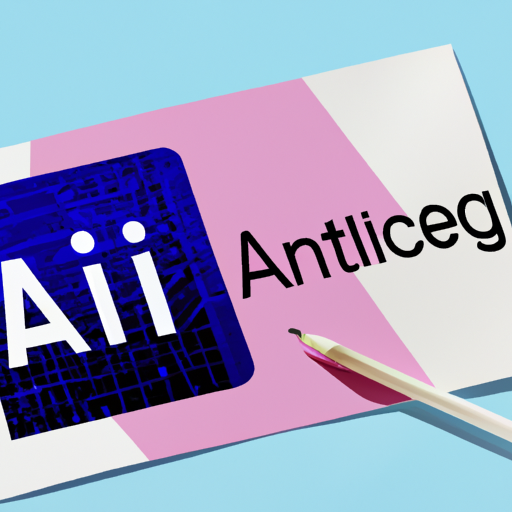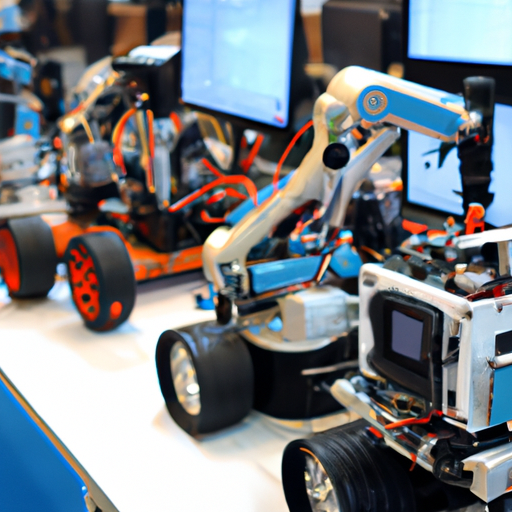Artificial Intelligence (AI) is rapidly transforming various sectors, and healthcare is leading the charge into a new era of medical innovation. With the integration of AI in healthcare, patients and professionals alike are experiencing significant advancements in diagnostics, treatment plans, and overall patient care.
How AI is Shaping Healthcare
AI technologies, such as machine learning and natural language processing, are streamlining operations and improving outcomes in healthcare. Here are some ways AI is being utilized:
1. Enhanced Diagnostics
One of the most significant benefits of AI in healthcare is its ability to assist medical professionals in diagnosing diseases. AI algorithms analyze medical images, such as X-rays, MRIs, and CT scans, faster and often more accurately than human radiologists. They can identify patterns that may be missed by the human eye, particularly in complex cases.
2. Personalized Treatment Plans
AI can analyze vast amounts of patient data to create personalized treatment plans. By taking into account a patient’s medical history, genetic information, and lifestyle factors, AI systems can recommend targeted therapies that are more effective than traditional approaches.
3. Drug Discovery and Development
Developing new medications is a notoriously long and expensive process. AI is streamlining this process by predicting how different compounds will react, reducing the time and cost associated with drug discovery. AI algorithms can analyze existing research data to identify potential drug candidates much faster than traditional methods.
4. Predictive Analytics
AI is also used for predictive analytics, helping healthcare providers anticipate patient needs. By analyzing historical data, AI can identify at-risk patients and predict potential healthcare complications, enabling preventive measures and better resource allocation.
5. Virtual Health Assistants
AI-powered chatbots and virtual health assistants are improving patient engagement. They can provide immediate responses to patient inquiries, schedule appointments, and offer reminders for medication, significantly improving the patient experience and reducing the burden on healthcare staff.
Challenges and Ethical Considerations
Despite the numerous advantages, the integration of AI in healthcare does not come without challenges. Issues surrounding data privacy, algorithmic bias, and the need for transparency need to be addressed. Furthermore, as AI systems assume greater roles in decision-making, establishing trust between patients and these technologies is crucial.
The Future of AI in Healthcare
The prospects of AI in healthcare are promising. As technology evolves, AI is expected to continue enhancing healthcare efficiency, patient care, and medical outcomes. The interoperability of AI systems with existing healthcare infrastructures will be key to harnessing their full potential.
Conclusion
AI is undoubtedly revolutionizing the healthcare industry, making it more efficient, personalized, and patient-centric. As we move towards a future where AI becomes an integral part of healthcare, continuous collaboration between technology developers and healthcare professionals will be essential in overcoming challenges and ensuring ethical deployment.
As AI continues to evolve, its role in healthcare will only become more crucial, paving the way for advancements we can only begin to imagine.




